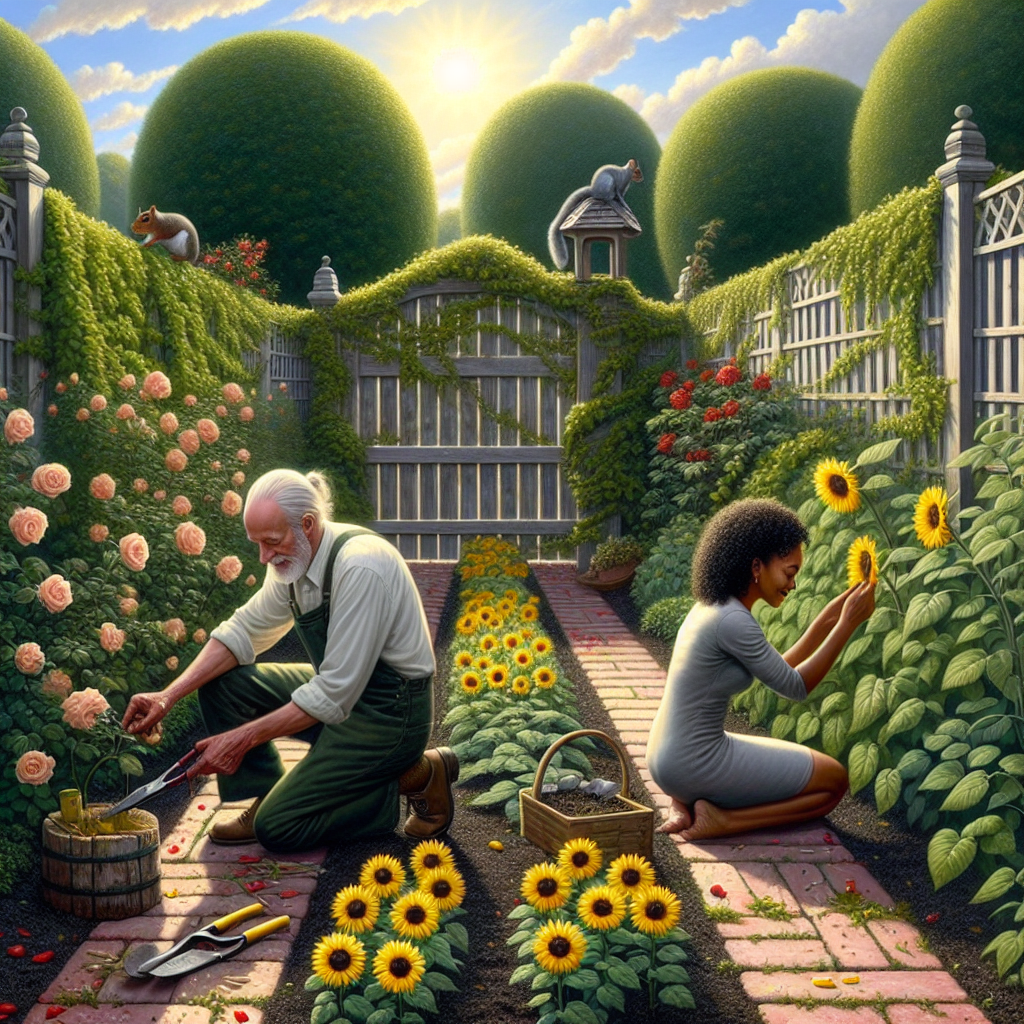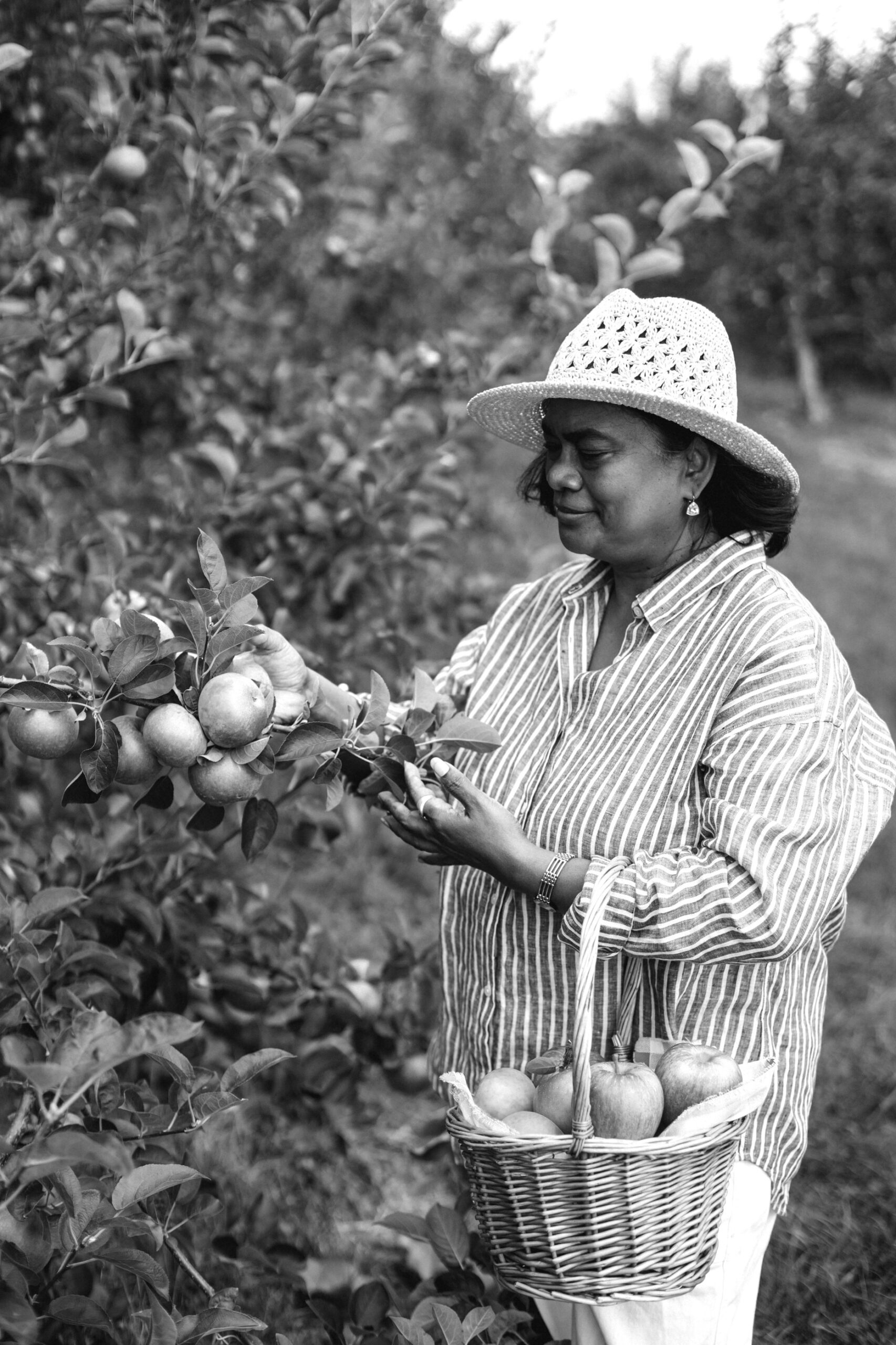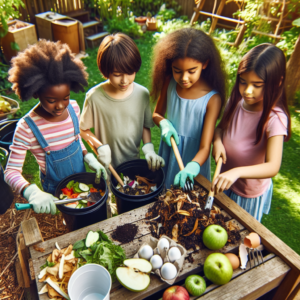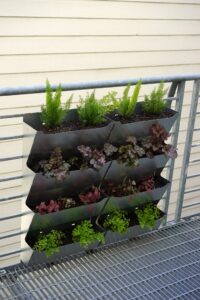Contents
- 1 Garden as a Sanctuary: More Than Just Planting
- 2 The How-To’s of Therapeutic Gardening for Seniors
- 3 Optimal Plant Selection for Senior Gardeners
- 4 Natural Stress Relief Amongst the Greenery
- 5 Practical Tips for Everyday Gardening
- 6 Harvesting the Rewards: Real-Life Stories
- 7 Frequently Asked Questions (FAQs): Encouraging Growth Beyond the Garden
- 8 Author

Article-at-a-Glance: Cultivating Wellness
-
Discover the physical and mental health benefits of gardening for seniors.
-
Learn how to create a senior-friendly garden space with the right tools and plants.
-
Understand how gardening can act as a natural stress reliever and mood booster.
-
Explore the social benefits of community gardens and gardening clubs for seniors.
-
Gain practical tips for adapting gardening practices to accommodate physical limitations.
Garden as a Sanctuary: More Than Just Planting
Gardening isn’t just about planting seeds and watching them grow; it’s about cultivating a space where you can find peace, joy, and a sense of accomplishment. For many seniors, the garden becomes a sanctuary, a place to connect with nature and enjoy the simple pleasures of life. It’s a place where the worries of the world can be set aside, even if just for a little while.
Blossoming Health: The Wholesome Benefits of Gardening
Therapeutic gardening offers a bounty of benefits for seniors. It’s not only a source of physical activity that can help maintain mobility and flexibility, but it’s also a mental exercise that can improve cognitive function. Here are some of the ways gardening can enhance your well-being:
-
Physical Exercise: Gardening activities such as digging, planting, weeding, and watering provide a great form of low-impact exercise.
-
Improved Mobility: Regular movement in the garden helps maintain joint health and can reduce the symptoms of arthritis.
-
Cognitive Health: Planning a garden layout and remembering plant care schedules can keep the mind sharp.
-
Social Interaction: Community gardens and clubs provide opportunities to connect with others who share similar interests.
-
Emotional Well-being: The satisfaction of nurturing plants and seeing them grow can lead to an improved mood and sense of purpose.
A Sense of Purpose Through Caring for Nature
As we age, finding meaningful daily activities can become a challenge. Gardening gives you a reason to get up in the morning. Nurturing plants and watching them flourish under your care can provide a profound sense of purpose and achievement. And there’s nothing quite like the joy of harvesting your own vegetables or admiring the flowers you’ve grown from seedlings.
The How-To’s of Therapeutic Gardening for Seniors

“A Senior Planting on the Garden Plot …” from www.pexels.com
Setting Up a Senior-Friendly Garden Space
Creating a garden that caters to the needs of seniors is essential for a safe and enjoyable experience. Let’s talk about how you can set up a garden that minimizes strain and maximizes pleasure.
Choosing the Right Tools for Ease and Comfort
The right tools can make all the difference in your gardening experience. Look for lightweight tools with ergonomic handles to reduce stress on your joints. Tools with longer handles can also help if bending or kneeling is a challenge. Remember, the goal is to make gardening as comfortable as possible, so you can enjoy your time in the garden without unnecessary pain or fatigue.
Creating Accessible Garden Beds and Paths
Accessibility is key for seniors when it comes to gardening. Raised garden beds are a fantastic option as they can be adjusted to a comfortable height, eliminating the need to bend over. Ensure that paths between beds are wide and even to prevent trips and falls. If wheelchair access is required, paths should be at least 36 inches wide to allow for easy maneuverability.
Optimal Plant Selection for Senior Gardeners

“Gardeners Working in Colorful Garden …” from www.pexels.com
Low-Maintenance Plants for High Satisfaction
Choose plants that require less care to reduce the workload and still provide a rewarding gardening experience. Perennials are a great choice as they come back year after year without needing to be replanted. Some low-maintenance vegetables include tomatoes, peppers, and radishes, which are also rewarding to harvest.
Sensory Plants to Engage the Senses
Engage all your senses by selecting plants that not only look beautiful but also provide fragrance, texture, and even taste. Lavender and mint are wonderful for their soothing scents, while fuzzy lamb’s ear leaves offer a unique tactile experience. And don’t forget about edible herbs and vegetables that can go straight from your garden to your table.
Natural Stress Relief Amongst the Greenery
There’s something inherently calming about being surrounded by plants and nature. Gardening invites you to take a deep breath, slow down, and appreciate the moment, which can be incredibly stress-relieving. The repetitive tasks of gardening, such as weeding or pruning, can become meditative, helping to clear your mind and reduce anxiety.
Green Spaces as Natural Mood Boosters
The color green has been shown to have a soothing effect on the mind and body. Being in a green environment can lower blood pressure, reduce muscle tension, and improve overall feelings of well-being. Therefore, spending time in your garden isn’t just good for your plants; it’s beneficial for your mood as well.
Planting Mindfulness: Gardening as a Form of Meditation
When you’re gardening, you’re fully engaged in the present moment. The focus required to plant seeds or to trim a hedge can be a form of mindfulness, which is a proven method for reducing stress. Let the garden be your space for peaceful reflection and a break from the hustle and bustle of daily life.
Cultivating Social Bonds in Community Gardens
Community gardens are a wonderful way to meet new people and strengthen social ties. These shared spaces allow for collaboration, learning, and the sharing of both labor and harvests. Gardening with others can provide a sense of community and belonging, which is especially important for seniors who may otherwise feel isolated.
Sharing the Harvest: Building Community Connections
One of the joys of gardening is being able to share your bounty with friends, family, and neighbors. Gifting a basket of fresh produce or a bouquet of flowers can not only brighten someone else’s day but also reinforce social networks and foster new friendships.
Gardening Clubs: Sharing Knowledge and Companionship
Gardening clubs offer more than just gardening tips; they provide a platform for companionship and shared experiences. Joining a local gardening club can help you stay connected, learn from fellow garden enthusiasts, and even contribute your own wisdom gained from years of tending to the earth.
Practical Tips for Everyday Gardening

Smart Gardening Techniques for Physical Limitations
Physical limitations shouldn’t prevent you from enjoying the garden. With the right techniques and tools, you can continue to garden comfortably and safely. Let’s explore some ways to adapt your gardening routine to suit your needs.
Adapting Gardening Practices to Reduce Strain
Adapt your gardening practices to minimize strain and effort. Use a garden stool or a kneeling pad to avoid putting pressure on your knees and back. Choose lightweight containers that are easy to move and consider soaker hoses or drip irrigation to reduce the need for frequent watering.
Using Technology to Aid in Gardening Tasks
Technology can be a gardener’s best friend. Automated watering systems can take the hassle out of daily watering, while garden planning apps can help you track plant growth and maintenance tasks. Don’t shy away from using these tools to make your gardening experience more enjoyable and less labor-intensive.
Maintaining Garden Health and Safety
A healthy garden is a safe garden. Regularly check your plants for signs of disease or pests and address issues promptly to prevent them from spreading. Clear away debris and clutter to avoid tripping hazards, and ensure that all walkways are stable and secure.
Staying Hydrated and Protected Under the Sun
Gardening is an outdoor activity, and it’s important to protect yourself from the elements. Always wear sunscreen, a wide-brimmed hat, and appropriate clothing to shield your skin from harmful UV rays. Keep a water bottle handy to stay hydrated, especially on hot days.
Recognizing and Creating Safe Gardening Habits
Developing safe gardening habits is crucial. Take breaks often to rest and stretch, and listen to your body’s signals. If you’re feeling tired or if a task is causing discomfort, it’s okay to stop and resume another day. Your safety and well-being are always the top priority.
Harvesting the Rewards: Real-Life Stories

There’s nothing quite as affirming as hearing the success stories of others who share your passions. For many seniors, gardening has become a source of joy, a way to reconnect with nature, and a means to maintain their physical and mental health. Here are some real-life stories that showcase the positive impact of gardening.
The Joys and Triumphs of Gardening in Later Life
Meet James, an 82-year-old retired teacher who found solace in his garden after a stroke limited his mobility. “Gardening has given me back my independence,” he shares. “It’s something I can do on my own, at my own pace, and seeing the results is incredibly satisfying.”
For Patricia, 76, her garden is a canvas for creativity. “I’ve always loved art, and now my garden is my masterpiece. Choosing colors, textures, and arranging plants is like painting a living picture. It’s incredibly rewarding,” she explains.
Empowerment Through Earth: Personal Growth Stories
Gardening isn’t just about cultivating plants; it’s also about personal growth. Anna, 79, found that gardening boosted her self-esteem. “Every plant that grows feels like a personal achievement,” she says. “It’s a reminder that I can still learn and do new things.”
And then there’s Michael, who at 81, discovered a new community through his local gardening club. “I’ve met so many wonderful people, and we’ve exchanged so much more than just gardening tips. We share our lives,” he reflects.
Frequently Asked Questions (FAQs): Encouraging Growth Beyond the Garden

How Does Gardening Benefit the Mental Health of Seniors?
Gardening can reduce stress, combat depression, and provide a sense of accomplishment. The nurturing aspect of gardening, along with the connection to the cycles of nature, can have a grounding and calming effect.
What Are the Best Types of Gardens for Seniors with Limited Mobility?
Raised garden beds, container gardens, and vertical gardens are excellent options for seniors with limited mobility. These types of gardens reduce the need to bend or kneel and can be easily accessed from a standing position or a wheelchair.
Can Gardening Help Senior Citizens in Managing Chronic Diseases?
Yes, gardening can help manage chronic diseases by encouraging physical activity, which can improve cardiovascular health, increase flexibility, and help with weight management. Additionally, the mental health benefits can contribute to overall disease management.
How Can Caregivers Support Seniors in Therapeutic Gardening?
Caregivers can support seniors by helping to create an accessible garden space, providing transportation to gardening centers or community gardens, and offering assistance with more strenuous tasks while encouraging independence where possible.
What Precautions Should Be Taken When Gardening in Extreme Weather?
In extreme weather, it’s important to stay hydrated, take frequent breaks, and avoid the hottest parts of the day. Wearing protective clothing, using sunscreen, and gardening in shaded areas can also help mitigate the risks of heat exposure.
By embracing the restorative power of gardening, seniors can enjoy the numerous benefits it brings to their lives. Whether you’re a seasoned gardener or just getting started, remember that every plant you nurture is a step towards a healthier, happier you.



